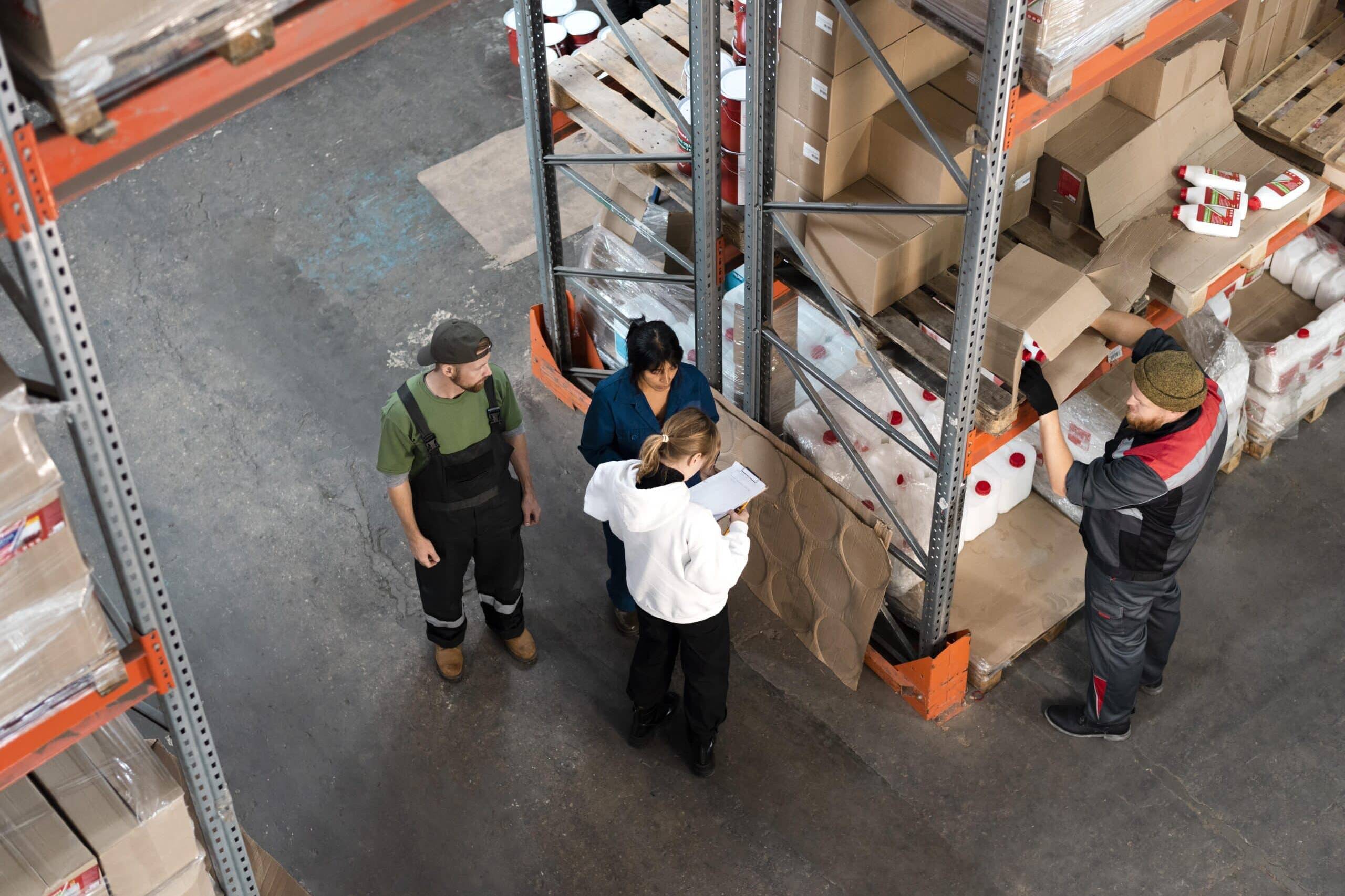Not for nothing have goods and services come and gone across the planet, despite religious, cultural, language, and national barriers. Billions of people have been lifted out of poverty and vast wealth has been created. Even with the pandemic of covid-19 that brought the world to a standstill, the supply chain continued to supply markets, ensuring everything from raw materials for medicines to protective items, from food to products.
Supply chain suppliers have for decades been optimizing ESG objectives for cost reasons, to reduce energy and raw material consumption, for example. Now the challenge is different: to build supply chains so recognized and efficient that they maximize the value of the products.
Traditionally, the value of products is calculated based on the net resale revenue of the products obtained from suppliers, which in the end is determined by the amount the end consumer will pay. And what the end consumer will pay depends little on the ESG impact of the product. But that story is changing.
The buyer now switches suppliers if there is evidence of a lack of environmental and social commitments by companies. The consumer takes the supplier's reputation into account when closing a deal. Think about it!
It is already urgent that everyone involved in the chain, the managers in each company and the procurement teams, need to have measurable goals that can be used as requirements in engineering, sourcing, and acceptance of delivery. With this, a supply chain can collectively achieve goals. And everyone wins.
Around the world many key players in the supply chain are setting clear goals for themselves based on scientific data pointing to the need to control global warming. In addition, organizations such as the World Economic Forum are developing metrics to guide companies toward sustainable and sound development. At the same time, governments are increasingly committed to managing externalities by setting standards of conduct.
ESG requirements are already starting to show up in service delivery or procurement contracts. Clear metrics need to be posted there around delivery time, compliance with requirements, and costs, taking ESG goals into account. New contracts should contemplate the fact that suppliers are for-profit companies that can themselves value ESG goals and also benefit from them. Buyers need to rethink their own contracts and demands that may hinder the achievement of ESG goals.
The supply chain is a substantial part of the solution to ESG challenges and solutions for a whole world are born from them.
You too can create a supply chain committed to sustainability. Want to know how?
SB SUSTAINABLE BUSINESS SOLUTIONS is an ESG Tech. Today recognized as the only automated, data-driven solution for external risk monitoring and materiality analysis to serve your company and your supply chain.
With ESG DATA INTELLIGENCE, we capture data that becomes information for decision making as well as monitoring for the financial market with audited evidence.
We have a team of professionals that encompasses the areas of Auditing, Consulting, Risk Advisory, ESG Performance Procurement, Value Chain and specialists from various industries and sectors with extensive experience and business knowledge!


